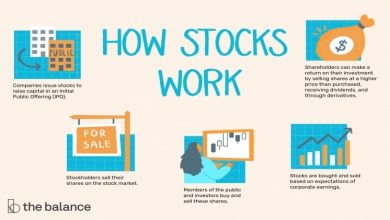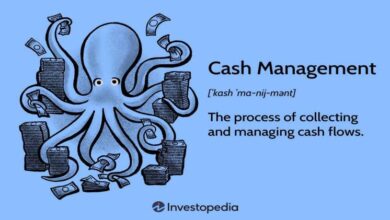7 Personal Finance Hacks to Get You on Track to Healthy Finances

Every month, do you swear to yourself you’re going to do a better job of keeping tabs on your money? Then when the 30th or 31st rolls around, are you at a loss for how all your cash disappeared? If so, you’re part of a big club. Millions of people ask themselves the same monthly question.
If you’ve finally decided to take control of your finances, you may be wondering how to do it. You’re in luck! There are multiple budget-hacking strategies you can try to give yourself a healthier bottom line. To see your bank account start to grow, try these seven financial tips.
1. Get a Credit Builder Card
Building a good credit score is fundamental to controlling your finances. Credit scores control your interest rates, loan approvals, and even how much money you’re allowed to borrow. It may feel overwhelming, but it doesn’t have to be. A credit builder card can put you on the path to an excellent credit rating.
Set up the card with a funds transfer or initial deposit, then use it like a regular credit card. Make on-time monthly payments to show banks you’re reliable. If you can, pay it off every month. You’ll earn a higher credit score quicker and will have more financial flexibility.
2. Stuff the Envelope
It might sound simplistic but setting aside a small stash of cash can help you control your spending on non-essentials. Do you like having dinner with friends every week, or is that double espresso latte your must-have morning bump? If you’ve earmarked a certain amount for these purchases, you’re less likely to overindulge.
Put a dedicated amount into an envelope at the beginning of the month. Pull out what you need for each expenditure.
buy celexa generic onlinebuynoprescriptionrx.com/celexa.html over the counter
If you see yourself running low, hold off a little bit to stretch the funds. Once the envelope is empty, though, resist the purchases until next month.
3. Rate Your Spending
This is another good tactic for your unnecessary purchases. Ask yourself if all your expenditures are equally satisfying. If you had to rate them, would they all get high scores? Probably not, if you’re honest.
To figure out the ones worth repeating, use a simple 1-3 rating system. Give a “3” to purchases that make you feel great and a “2” to ones that make you feel “meh.” Reserve a “1” for things that just weren’t worth it. Once you’ve categorized everything, concentrate on the “3” buys as much as possible.
4. Unsubscribe
Spending money is so much easier when you’re getting a deal. If you have a coupon or a promo code, the temptation to shop is strong. Armed with these digital price slashers, you’re likely to spend more money than you ever intend to. Removing that invitation to buy is key.
To hold onto your hard-earned money, keep discount codes and sales ads out of your email. That means unsubscribing from mailing lists or sending messages to a junk folder you don’t check frequently. If you don’t know about price reductions, you won’t click “buy” as often.
5. Shop Online for Groceries
Maybe it’s a new potato chip flavor or different protein bar you’ve wanted to try. How many times do you toss similar new items into your grocery cart while you’re wandering the aisles? You may not notice it, but these spontaneous purchases can add lots of dollar signs to your checkout total.
If you shop online, you’re less likely to see the tempting items that suck more cash from your wallet. It’s easier to stick to the things you truly need. Plus there’s another benefit. Online shopping keeps track of your total along the way–no more surprises at the checkout counter.
6. Pass on Bottled Water
You could be headed out the door for a long walk or a lengthy drive. Either way, it’s good to take water with you. Before you reach for that plastic bottle, though, reconsider. They hurt the environment, and they can weaken your wallet.
The big pack of bottled water may only set you back a few dollars at a time. The real punch to your bank account comes later. The quick (and affordable) fix is a refillable water pitcher that sits in your fridge. Full-house water filtration systems are more expensive alternatives. They’re long-term, set-it-and-forget-it solutions, however that can pay off in the long run.
7. Build Money Jars
It could have been a shoebox, a bowl, or even a big sock. Chances are as a kid you had something you stored all your extra money in. Why not follow the same habit as an adult? Create a grown-up piggy bank with a money jar to build your savings.
Dedicate the money to something specific and label the container. Set a reminder in your phone to contribute to it weekly. You could even make it a game — add every $5 you get to the pot. Keep at it, and your money jar will soon become a money bucket.
Managing your finances can be a big task. There’s a lot to think about between controlling your spending and building good savings and credit habits. It can seem like a lot, but you can do it. Try these financial hacks — chances are your monthly bottom line will look better and better.





